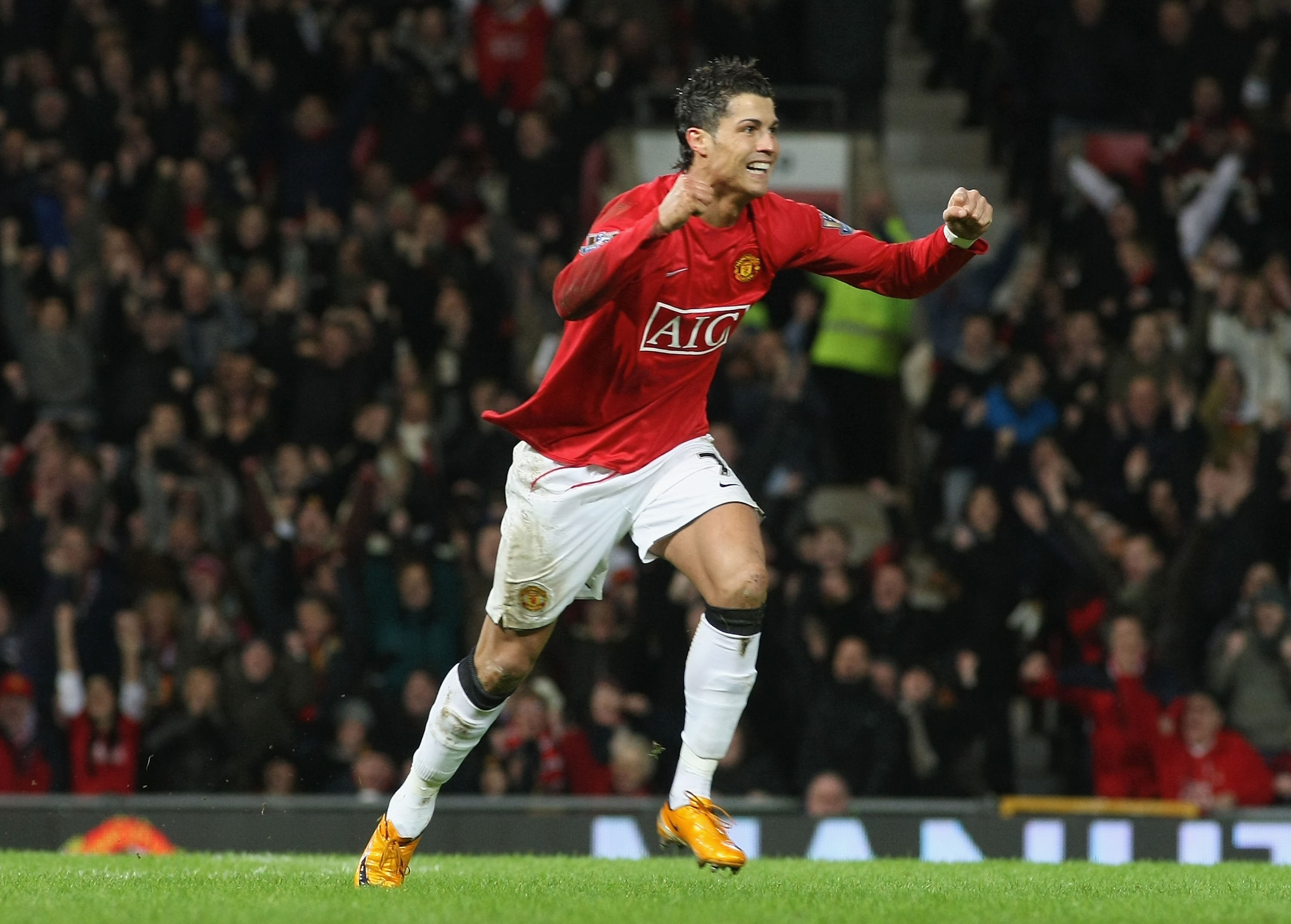20 terrible free transfers that didn't live up to their billing
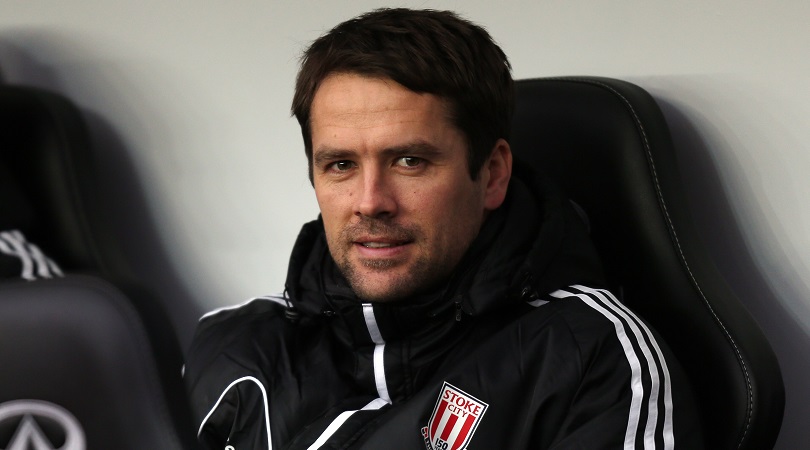
There's always a catch...
When you take wages, agent fees and signing-on bonuses into account, a transfer is very rarely 'free' even if the player in question is out of contract. Nevertheless, such signings usually represent excellent value for money, with clubs able to add to their squad without paying a transfer fee.
In football, though, things don't always work out as planned. In this slideshow we recount 25 of the worst free transfers in Premier League history...
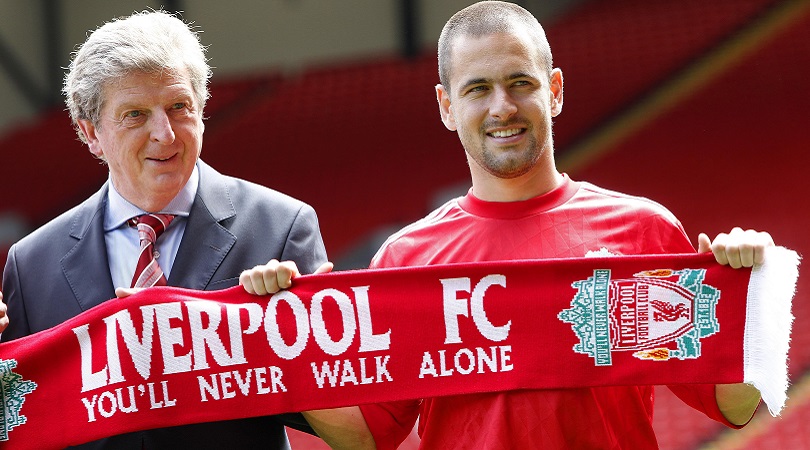
Joe Cole (Chelsea to Liverpool, 2010)
It’s fair to say Steven Gerrard was thrilled by Cole’s arrival at Anfield in 2010.
“Messi can do some amazing things, but anything he can do Joe can do as well, if not better,” the Liverpool captain remarked after the ex-Chelsea schemer signed in 2010. “I really fancy Joe for the [Player of the Year] award this season.”
In fairness to Gerrard, he wasn’t alone in predicting great things for Cole on Merseyside. Instead, the England international never recovered from being sent off on his league debut – he only started only nine Premier League games in 2010/11 – and was loaned to Lille just 13 months after arriving.
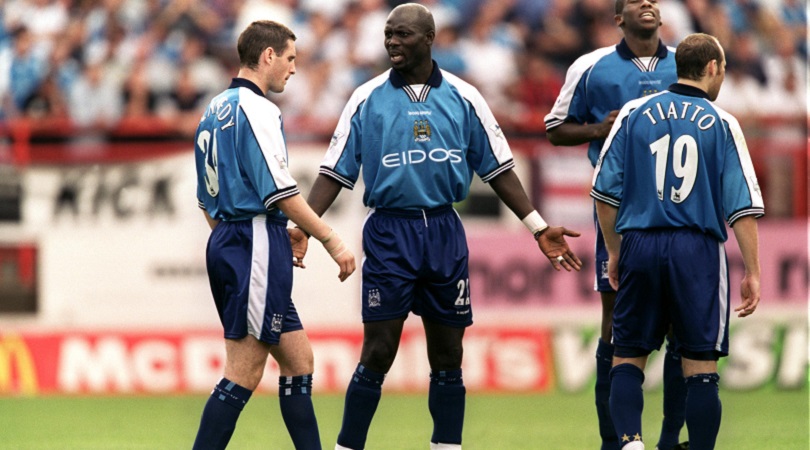
George Weah (Chelsea to Man City, 2000)
Before Sheikh Mansour pumped his billions into Manchester City, the club weren’t used to signing players of Weah’s global pedigree. The problem for manager Joe Royle was that the former Ballon d’Or winner was significantly past his best by the time he joined City in 2000.
Football’s most famous Liberian had recently enjoyed a fruitful loan stint at Chelsea, but success proved more elusive in the north. Weah scored only once in the Premier League and, frustrated by a lack of starts, exited Maine Road in October after criticising Royle.
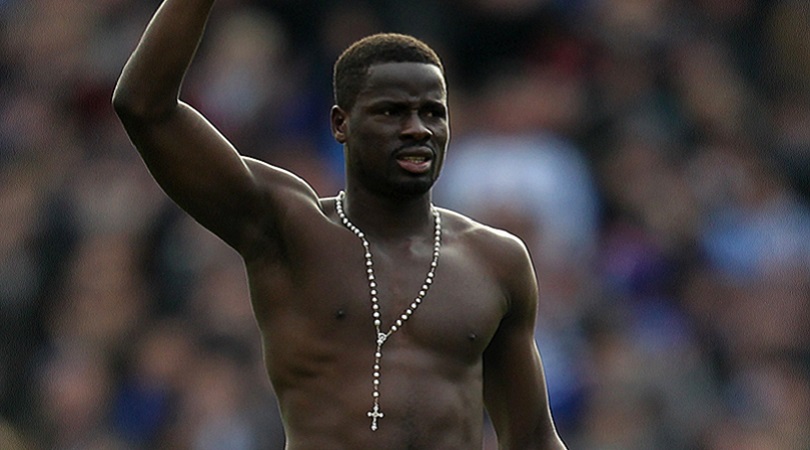
Emmanuel Eboue (N/A to Sunderland, 2016)
Eboue had been a free agent for almost a year before joining Sunderland in 2016, which really ought to have set alarm bells ringing at the Stadium of Light. Presumably hoping the defender’s vast experience could boost his side’s survival hopes, Sam Allardyce sanctioned a short-term deal for the Ivory Coast international, who agreed to join the club until the end of the season.
Twenty-two days later, Eboue was suspended from all football-related activity for a year after being found guilty of failing to pay an agent. He was released two weeks after that, having never pulled on a Sunderland shirt.
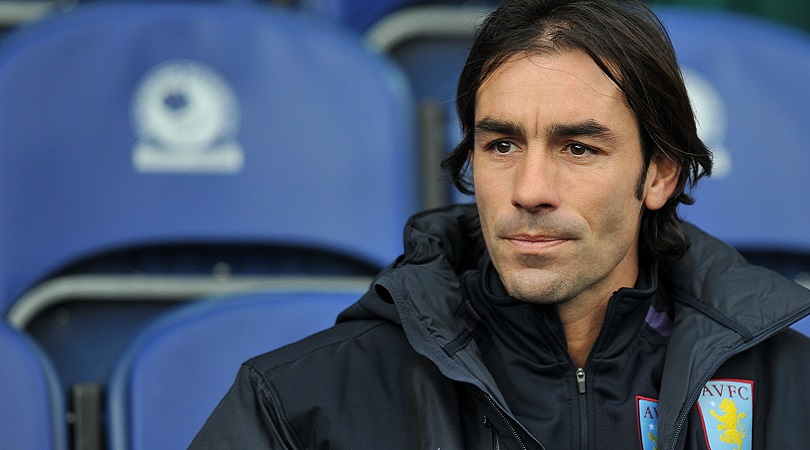
Robert Pires (Villarreal to Aston Villa, 2010)
Former Arsenal wideman Pires returned to English football four years after leaving north London, as Aston Villa handed the free agent a six-month deal in November 2010.
The 37-year-old World Cup winner was considerably past his best by then, and sure enough failed to make much of an impression in any of his nine Premier League games for Gerard Houllier’s outfit – although he did score once, in an FA Cup tie with Blackburn.
“My experience at Villa has been a failure,” Pires admitted in May, while also accusing the club of a “lack of respect”.
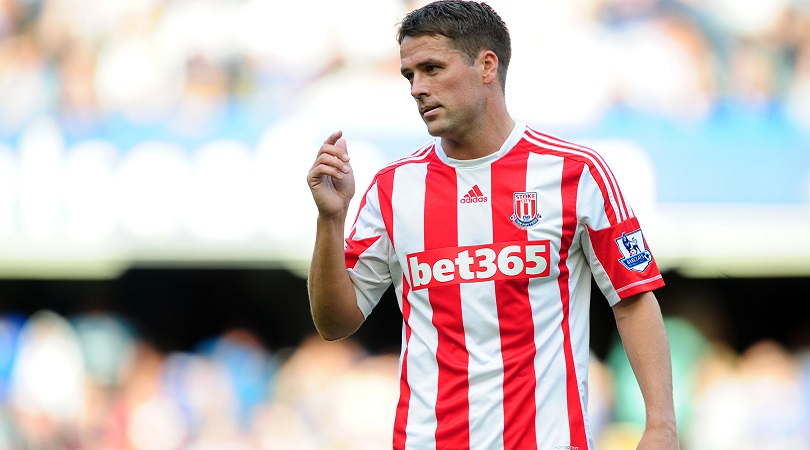
Michael Owen (Man United to Stoke, 2012)
Owen joined Stoke after leaving Manchester United in 2012, with regular first-team football presumably high up on his list of priorities. A hamstring injury sustained early on in his stint at the Britannia Stadium proved a frustrating setback, however, and Owen struggled to displace Peter Crouch in Tony Pulis’s line-up thereafter.
The former Liverpool goal-getter didn’t start a single Premier League match for the Potters, with eight of his nine appearances in all competitions coming as a substitute. Owen scored just once in that time and duly thought it best to hang up his boots in the summer of 2013.
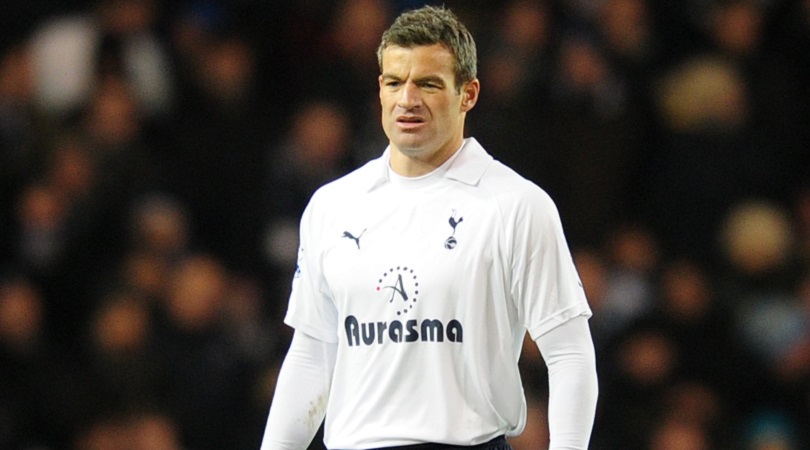
Ryan Nelsen (Blackburn to Tottenham, 2012)
With Tottenham in contention for the Premier League title at the midway point of this campaign, Harry Redknapp was hoping to splash some cash in January 2012 to bolster his squad. With that in mind, it’s safe to say that the ageing Nelsen wasn’t his leading centre-back target.
The veteran defender didn’t improve Spurs’ starting XI, so was never likely to be more than a backup at White Hart Lane. He played eight times in total, scoring once, but the move is principally remembered as an example of Daniel Levy’s parsimony.
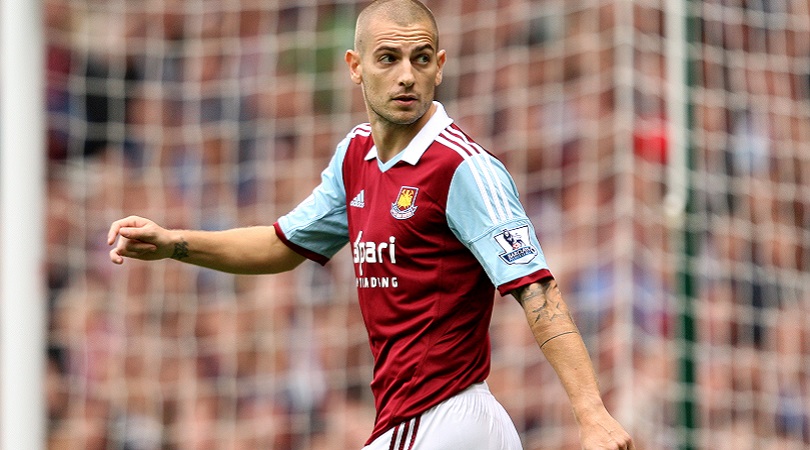
Mladen Petric (Fulham to West Ham, 2013)
Petric struck five goals in 23 Premier League appearances for Fulham in 2012/13, but the west Londoners opted against retaining his services for another season. West Ham had clearly seen enough in the 6ft 1in striker to think he could be a success on the other side of London, and signed him up to a one-year deal in September.
Sam Allardyce handed the ex-Hamburg man his debut against Everton soon after, but that was already the beginning of the end. Petric made just two more league appearances for the Hammers before hot-footing it to Panathinaikos.
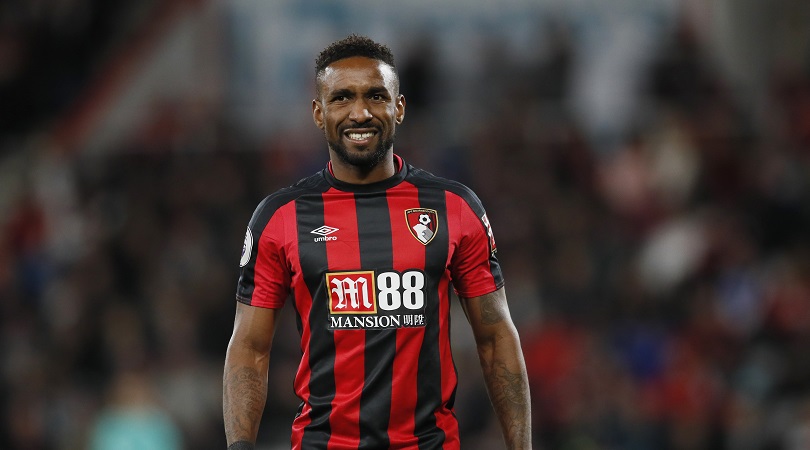
Jermain Defoe (Sunderland to Bournemouth, 2017)
When Sunderland were relegated in 2016/17 in spite of Defoe's efforts - the former England international 15 times in the Premier League but that wasn't enough to save the northeast outfit - the striker decided to seek pastures new. Bournemouth ultimately won the race for his signature, re-signing a player who they had previously employed on loan back in 2000/01.
The Cherries' decision to hand the 34-year-old a three-year deal raised eyebrows, and Defoe was never able to recapture his best scoring form back on the south coast. After just four top-flight goals, he joined Rangers on loan in January 2019.
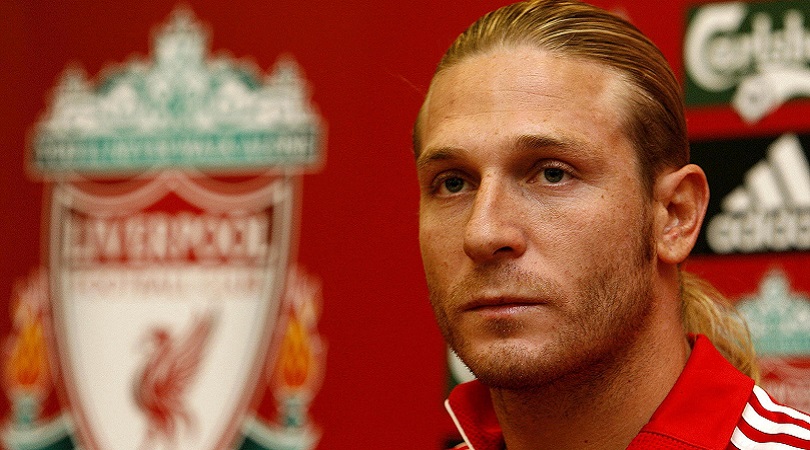
Andriy Voronin (Bayer Leverkusen to Liverpool, 2007)
Boasting a respectable goal record with three different clubs in Germany, Voronin looked like an excellent capture for Liverpool when they snapped him up for free in 2007. He got off to a flier, too: the Ukrainian scored three goals in his first four outings, including the winner in a vital Champions League qualifying clash with Toulouse.
Sadly for Voronin, that proved to be the peak of his Liverpool career. He netted only three times more in 2007/08, then spent the entire 2008/09 campaign on loan at Hertha Berlin. The striker remained at Anfield for the start of the following season, before securing a permanent switch to Dynamo Moscow in January 2010.
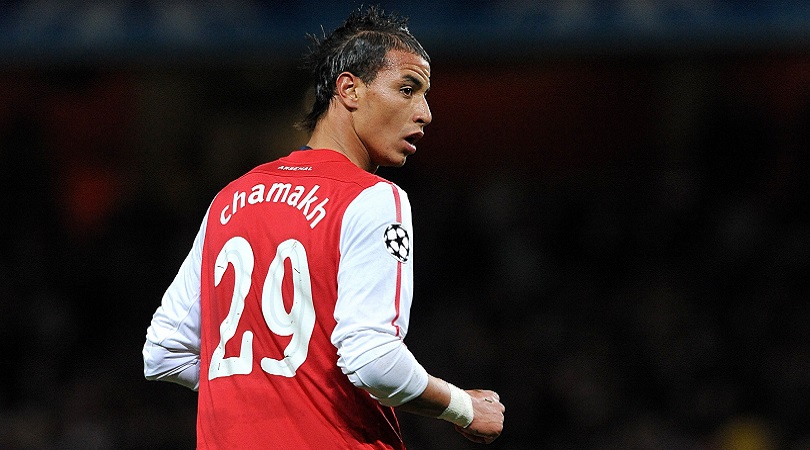
Marouane Chamakh (Bordeaux to Arsenal, 2010)
Chamakh actually made a promising start to life after arriving at the Emirates for nothing in 2010, finding the net 10 times in his first 21 outings for Arsenal.
Yet things soon went downhill. The Morocco international scored just twice in his next 43 appearances and generally looked out of his depth leading the line for a team with Premier League title ambitions. Chamakh went on to redeem his reputation a little at Crystal Palace, before embarking on the briefest of stints at Cardiff (games: 2 goals: 0). For many, though, he’s still remembered as an Arsenal flop.
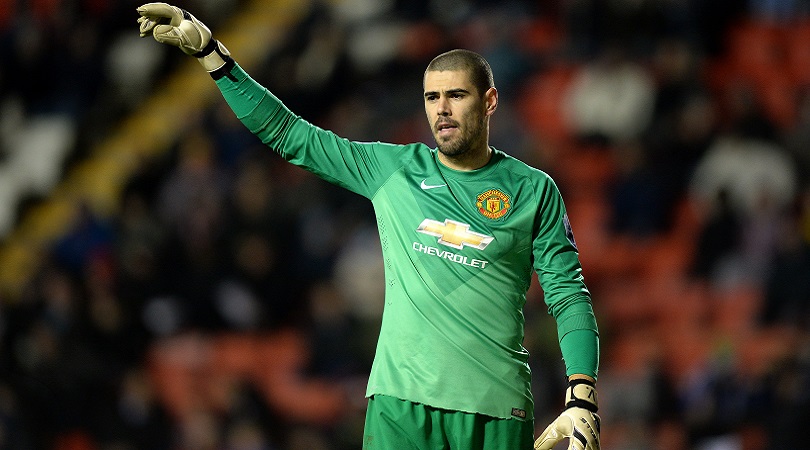
Victor Valdes (Barcelona to Man United, 2015)
A torn anterior cruciate ligament brought Valdes’s Barcelona career to a premature end in 2014, with the goalkeeper having already announced that he wouldn’t be extending his contract at Camp Nou beyond that summer.
After a period of training with Manchester United, the Reds offered free agent Valdes a contract in January 2015. The Spaniard was only ever going to be a backup to compatriot David de Gea, but he was effectively banished from Old Trafford just six months later after supposedly refusing to play in a reserve match. The summer arrival of Sergio Romero probably didn't help either.
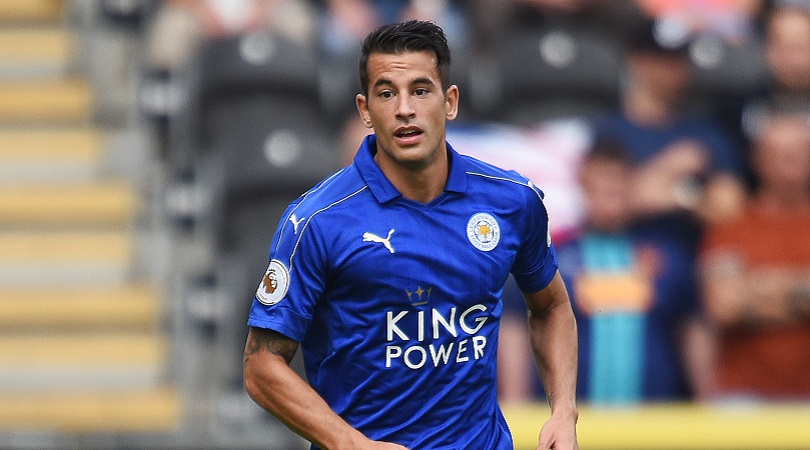
Luis Hernandez (Sporting Gijon to Leicester, 2016)
No one expected Leicester to retain their Premier Leauge title in 2016/17, but a flirtation with relegation didn't seem to be on the cards either. A poor summer of recruitment meant the Foxes did indeed spend much of the campaign in the lower reaches of the divisions, with Hernandez one of the recruits who made little impact.
Signed to provide competition for Wes Morgan and Robert Huth at centre-back, the Spaniard played just four Premier League matches before returning to La Liga with Malaga the following summer.
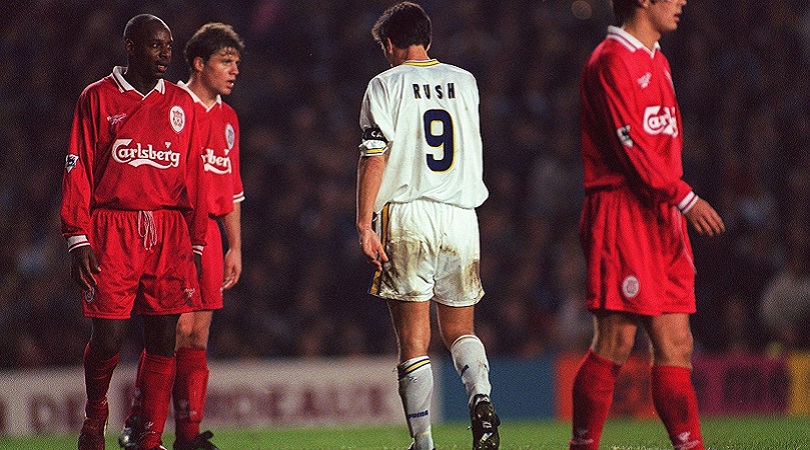
Ian Rush (Liverpool to Leeds, 1996)
After his second spell at Liverpool came to an end in the summer of 1996, Rush was hastily snapped up by a Leeds side that had just averaged marginally more than a goal a game on their way to a 13th-place finish in the Premier League.
By that stage, the 34-year-old was nowhere near as prolific as he’d been in his heyday, but Whites fans were still confident that his poaching instincts remained intact to some extent. Rush was a disappointment, however, scoring just three goals in 43 appearances before moving to Newcastle at the end of the campaign.
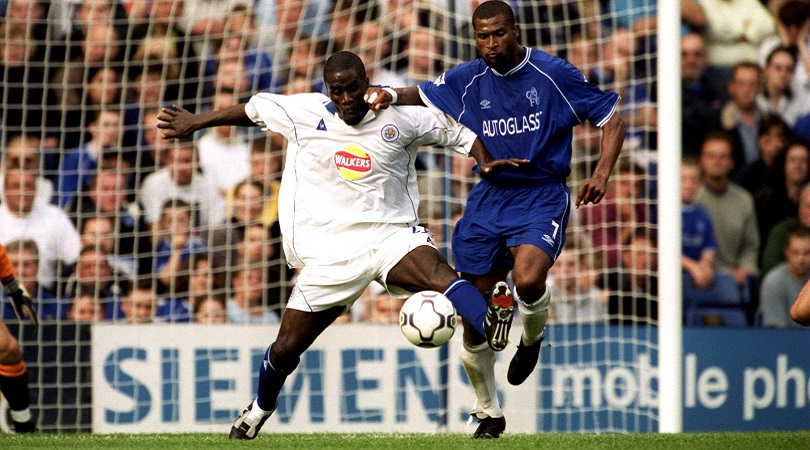
Winston Bogarde (Barcelona to Chelsea, 2000)
Having previously represented Ajax, Milan and Barcelona, as well as pulling on a Netherlands shirt 20 times, Bogarde's free transfer to Chelsea initially had Blues excited.
A change in management at Stamford Bridge altered everything, though: the defender was brought in by Gianluca Vialli but utterly unfancied by his compatriot and successor Claudio Ranieri, who found no room in his plans for the Dutchman. Bogarde played only nine top-flight games – despite earning £40,000 per week – but stayed put for four years, happy to pocket his sizeable wages without first-team action.
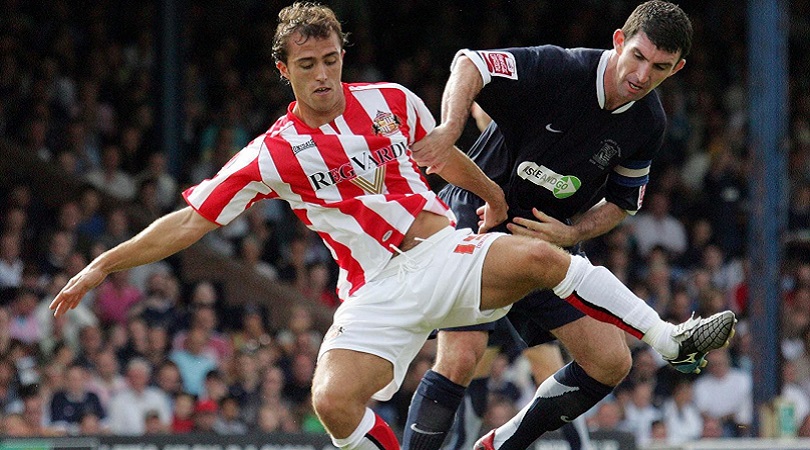
Arnau Riera (Barcelona to Sunderland, 2006)
It’s not often that Sunderland sign players directly from Barcelona, so it was entirely understandable that Black Cats fans celebrated the addition of Riera – Lionel Messi’s captain in the Catalans’ B side, no less.
“We really like the look of him,” manager Niall Quinn said at the time. “He's a creative player but he also likes a tackle. He has fantastic lungs, and he's the type of player you need to be to come to Sunderland. He ticks all the boxes."
Despite all those qualities, Riera featured only twice for Sunderland and was eventually released in 2009 after underwhelming loan spells at Southend and Falkirk. Xavi he was not.
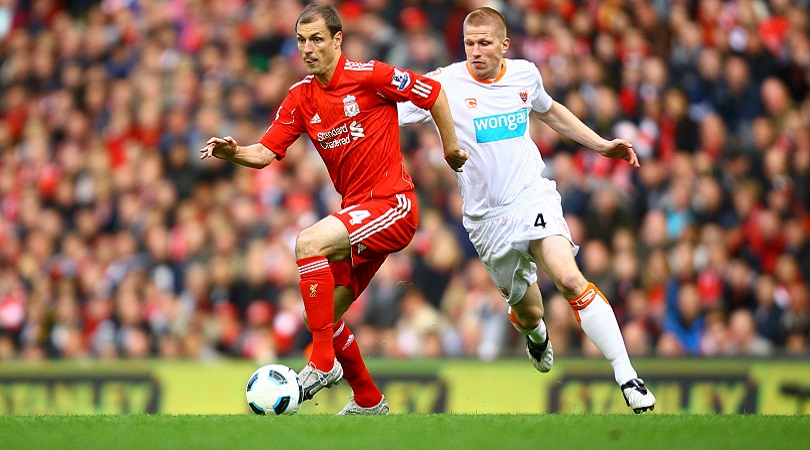
Milan Jovanovic (Standard Liege to Liverpool, 2010)
Jovanovic was Rafael Benitez’s last signing as Liverpool manager, although he never got the chance to play under the Spaniard. The free agent penned a pre-contract agreement at Anfield in June 2010, a few weeks before the Reds boss handed in his resignation.
There was some concern at the time that Benitez could steal in and persuade Jovanovic to join Inter instead, but the Serbian attacker stuck to his promise and headed to England in July. Which was just as well – for Inter. Jovanovic played only 18 times for Liverpool and was ushered out by Kenny Dalglish the following summer.
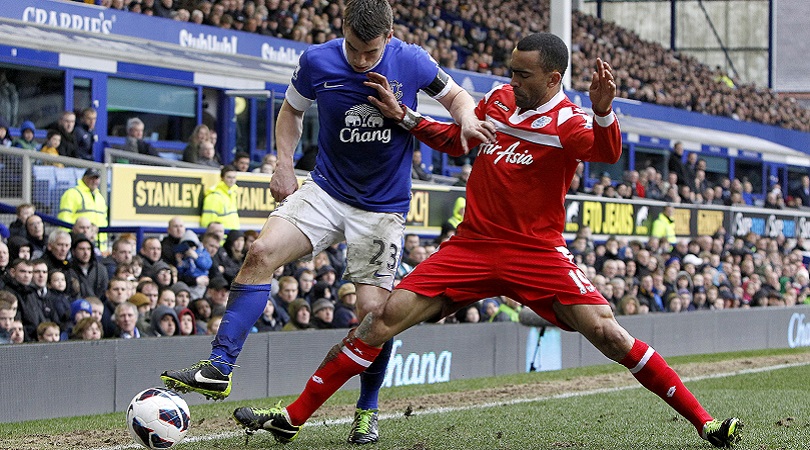
Jose Bosingwa (Chelsea to QPR, 2012)
A truly disastrous free transfer, Bosingwa pitched up at Loftus Road to great fanfare in August 2012 having won the Champions League with Chelsea just three months earlier.
A goal on his second appearance for Rangers hinted at positive things to come, but it soon became clear that the Portuguese wasn’t the ideal man to have around in a relegation dogfight. The right-back refused to sit on the bench during December’s derby with Fulham (fined two weeks’ wages: a cool £130k), while he later infuriated supporters by being pictured laughing after a goalless draw with Reading confirmed QPR’s relegation in April.
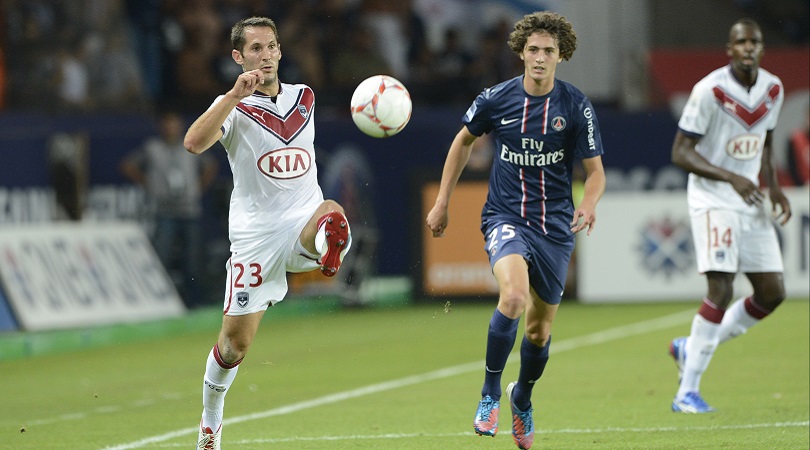
Florian Marange (Bordeaux to Crystal Palace, 2013)
Crystal Palace’s approach to transfers in the summer of 2013 was the textbook definition of a mad trolley dash. Players were hastily added with little thought given to the insignificant matter of how they’d actually fit in, nor the restrictions imposed by the 25-man squad rule.
That led to the farcical situation of left-back Marange, deemed Palace’s 26th most important player at best, and thus being ruled ineligible for the club’s Premier League fixtures a mere two weeks after arriving. Ian Holloway then stuck the boot in further, labelling him “slow” and telling him he had no future at Selhurst Park. Nicely handled, Olly.
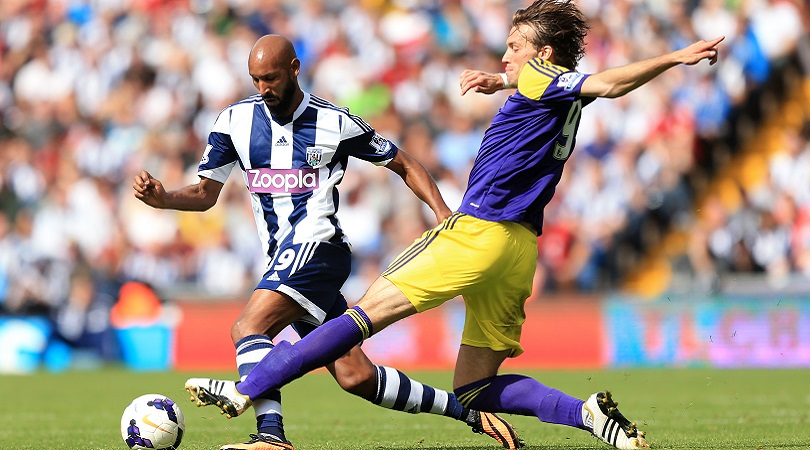
Nicolas Anelka (Shanghai Shenhua to West Brom, 2013)
Following spells at Arsenal, Liverpool, Manchester City, Bolton and Chelsea, Anelka made West Brom his sixth Premier League employers after leaving Shanghai Shenhua in 2013.
Controversy had followed the Frenchman around throughout his career, and Anelka soon demonstrated that he hadn’t chosen the quieter life at the age of 34. The striker celebrated a goal against West Ham by performing the quenelle gesture – a salute which has links to anti-Semitism in France – and was promptly banned and fined by the FA. He never played for the Baggies again.
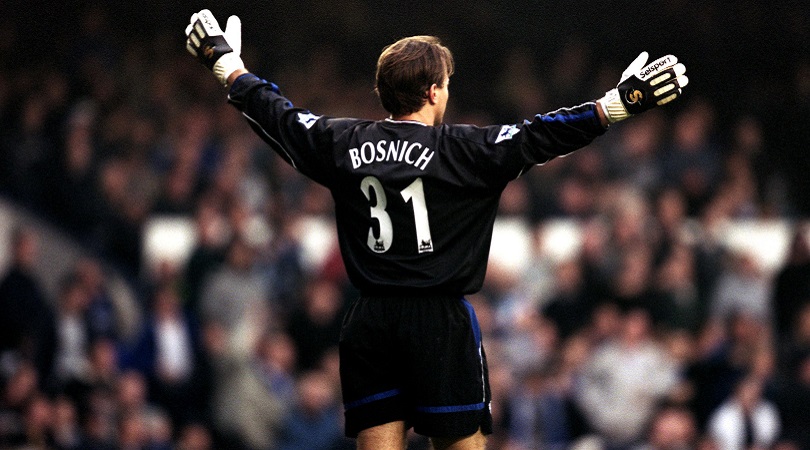
Mark Bosnich (Man United to Chelsea, 2001)
Despite later being labelled a “terrible professional” by Sir Alex Ferguson, Bosnich was re-signed by Manchester United in 1999, eight seasons after he’d first left the Red Devils for Aston Villa.
The arrival of Fabien Barthez brought about the Australian's departure two years later, which prompted Chelsea to step in and offer Bosnich an 18-month deal with a view to him challenging Carlo Cudicini for the No.1 jersey at Stamford Bridge.
But after only 11 appearances in all competitions, the then-30-year-old was sacked by the west Londoners for failing a drugs test in 2002.
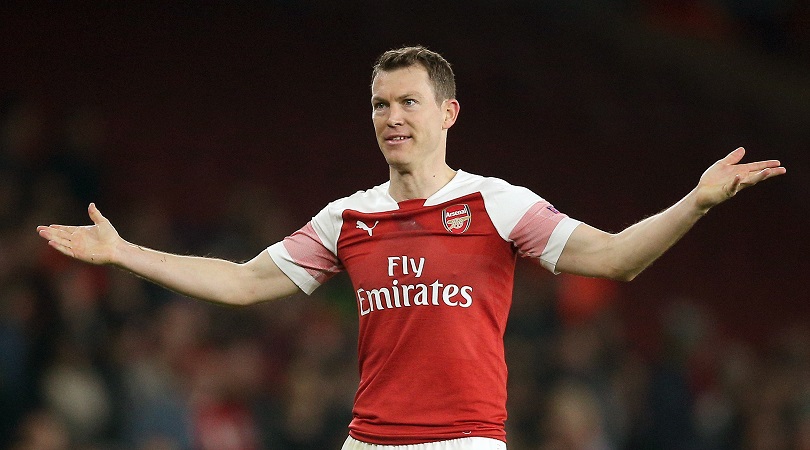
Stephan Lichtsteiner (Juventus to Arsenal, 2018)
On paper, this seemed like a fantastic signing. Arsenal had long been lacking a leader in Lichtsteiner's mould, and they stood to benefit from the defender's experience both on and off the pitch. It was also hoped that his significant trophy haul - seven league titles and five domestic cups in Italy - might help the Gunners develop more of a winning mentality.
However, it soon became clear that Lichsteiner was past his best; had he not been, Juventus probably would have kept him around for a while longer. A series of poor performances saw him dropped from the team by Unai Emery, and he's now looking for a new club after leaving the Emirates Stadium in June.
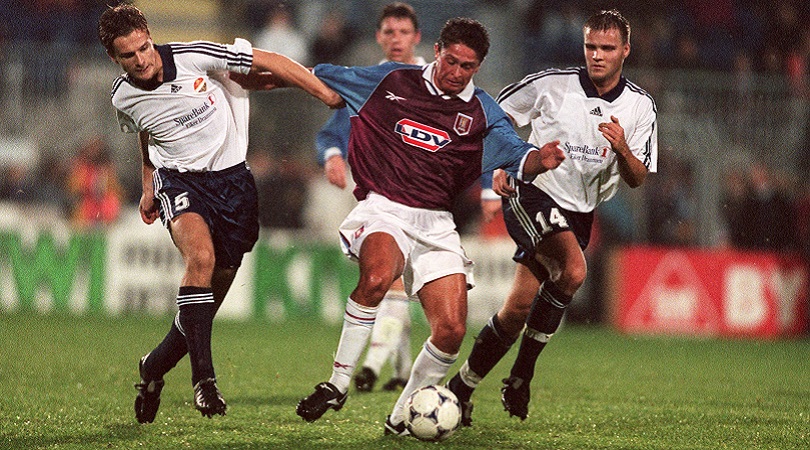
Fabio Ferraresi (Cesena to Aston Villa, 1998)
Beware the ‘wonderkid’. Aston Villa fans could barely contain their excitement when supposed teenage sensation Ferraresi, who’d spent time at Milan as a kid, rocked up in the West Midlands in 1998. Touted as a future Italy international, Villa thought they’d got themselves the bargain of the century.
It soon became clear that Ferraresi’s reputation had been significantly embellished – perhaps by himself. John Gregory didn’t feel confident enough to include him in a single starting line-up in a competitive fixture, while his attitude didn’t impress behind the scenes. Ferraresi was back in Italy a few months later.
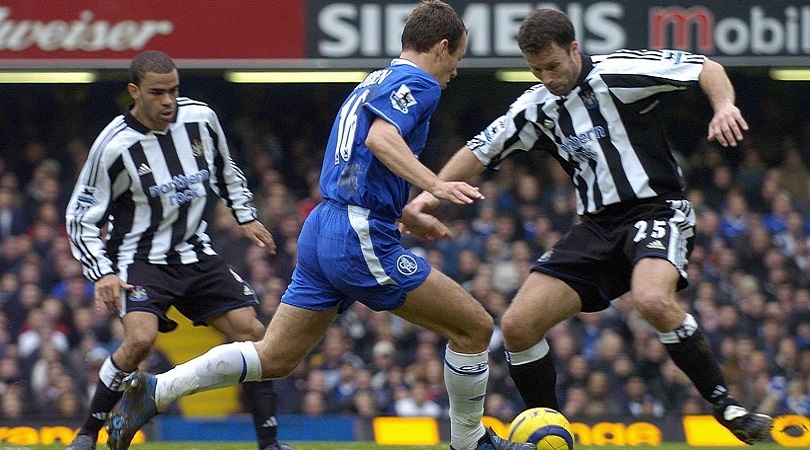
Ronny Johnsen (Aston Villa to Newcastle, 2004)
Newcastle were Johnsen’s third Premier League employers, but a repeat of his Manchester United or Aston Villa exploits wasn’t forthcoming. The centre-back was 35 by the time he joined the Magpies and his age soon showed, as the Norway international struggled to keep up with the pace of the English game.
Johnsen’s employment at St James’ Park didn’t last long, with the Champions League winner departing after just five games in all competitions. Fitness issues were at the root of his failure to make a mark, so it was no surprise that he announced his retirement soon after (although he later changed his mind and returned to Norway with Valerenga).
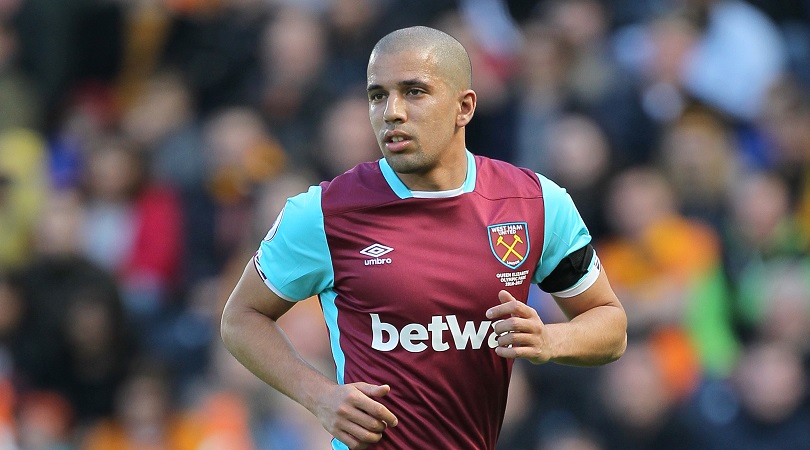
Sofiane Feghouli (Valencia to West Ham, 2016)
West Ham appeared to have pulled off a coup when they captured Feghouli on a free in summer 2016. The Algeria international had impressed at the World Cup two years previously, as well as performing to a high standard at times during his six-year stay at Valencia.
Feghouli's time at Mestalla wasn't all plain-sailing, though, and his time in east London didn't really go to plan either. Expected to become a key part of West Ham's team for years to come, the forward lasted just a single season before joining Galatasaray.
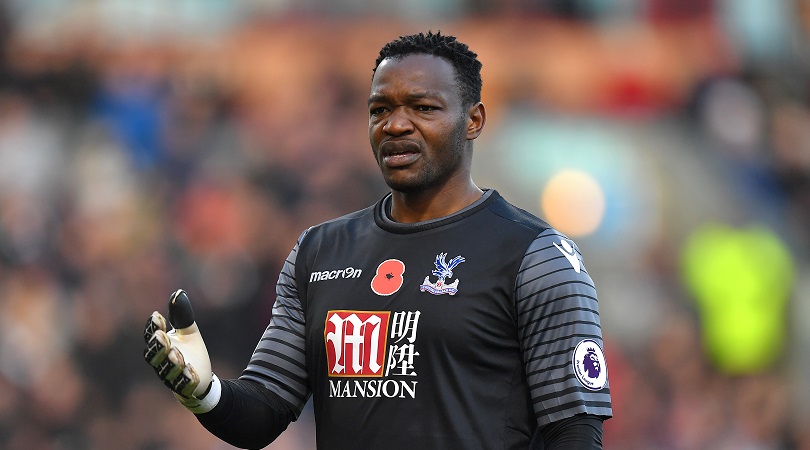
Steve Mandanda (Marseille to Crystal Palace, 2016)
Mandanda started well at Selhurst Park, leaving Crystal Palace fans praising their club's bargain-hunting abilities. The France international had been one of Ligue 1's standout goalkeepers during his time at Marseille, so the Eagles had done extremely well to snap him up on a free transfer.
Relations soon soured, though, with Mandanda initially sidelined through injury and then mysteriously never returning to the first-team picture under Alan Pardew or Sam Allardyce. After just nine Premier League outings, he jumped at the chance to return to Marseille in summer 2017.

Greg Lea is a freelance football journalist who's filled in wherever FourFourTwo needs him since 2014. He became a Crystal Palace fan after watching a 1-0 loss to Port Vale in 1998, and once got on the scoresheet in a primary school game against Wilfried Zaha's Whitehorse Manor (an own goal in an 8-0 defeat).
